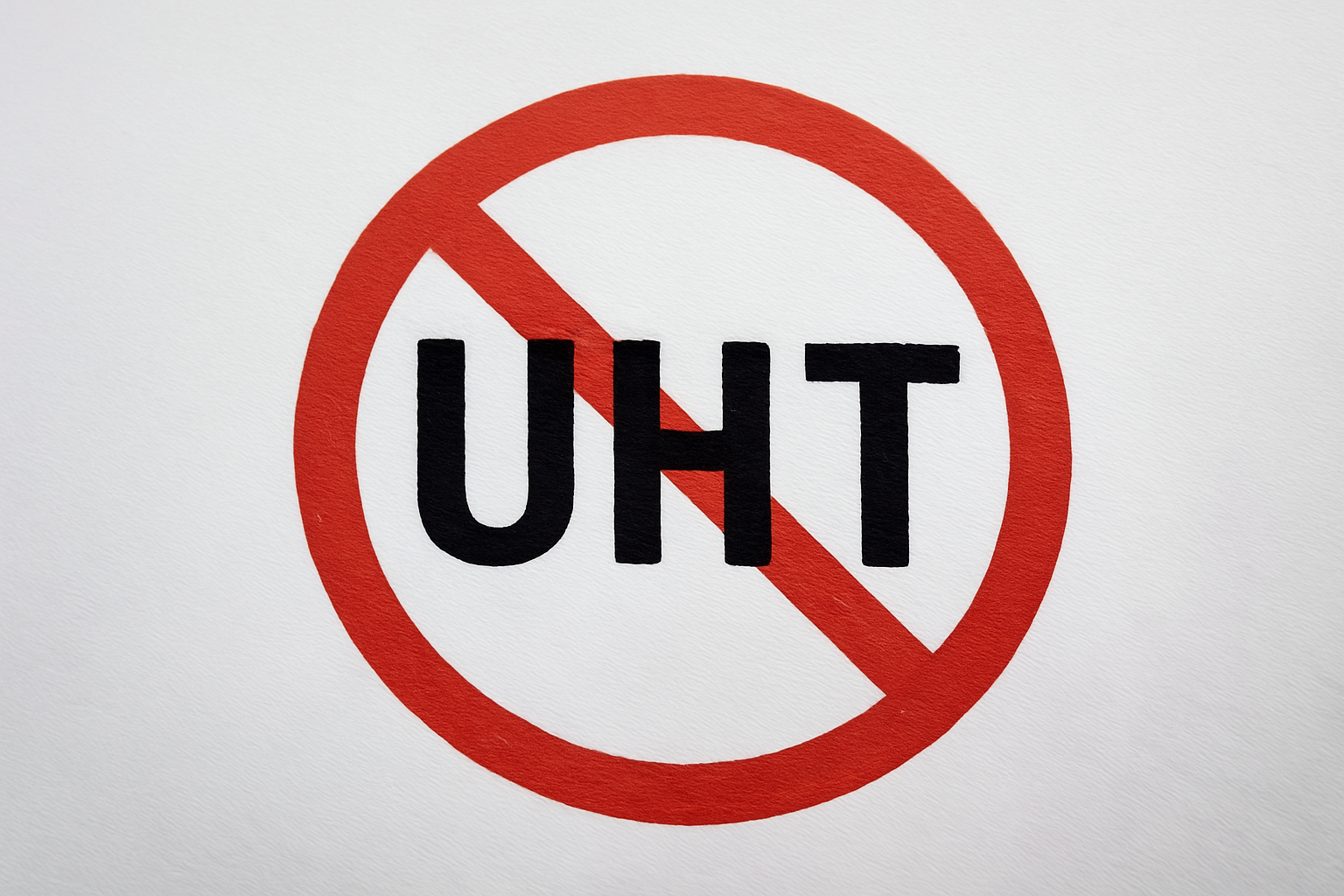Underused Housing Tax (UHT) is no longer!
Here’s a quick overview of what the UHT was, who it applied to, the types of properties it covered, and what you may still need to do even though the tax has now been scrapped moving forward:

A federal Canadian tax created to target vacant or underused residential properties.Tax rate:
1% of the property’s taxable value (usually the assessed value).
Who Needs to Care?
Most people don’t
- Canadian citizens and permanent residents:
Generally exempt and do NOT have to file a return.
Who does need to pay attention:
- Non-resident / foreign owners
- Properties held through a corporation
- Properties held in a trust
- Properties held in a partnership (including simple co-ownership in some cases)
What Properties Count?
Any “residential property”:- Single-family homes
- Townhomes
- Condos
- Duplex/Triplex (up to 3 units)
Common Exemptions (but still may require filing):
- Property is the owner’s principal residence
- Property is rented out long-term
- Property is seasonally inaccessible
- New owners that bought during the year
- Death of an owner
- Estate situations (but it depends)
Filing Deadline
April 30 each year for the previous calendar year.Form: UHT-2900
Big Update
The government is ending the UHT starting in 2025.BUT filings for 2022, 2023, 2024 still apply.
Why This Matters in Real Estate
- Buyers with foreign status need to understand potential tax.
- When dealing with corporations/holding companies, confirm who the “owner” actually is.
- Estate sales (probate), trusts, and partnership structures often trigger mandatory filing even if no tax is owed.
- Penalties for missing a filing are huge — $5,000 to $10,000 minimum, even if the property is exempt.